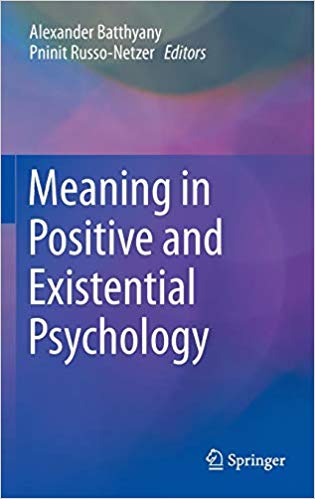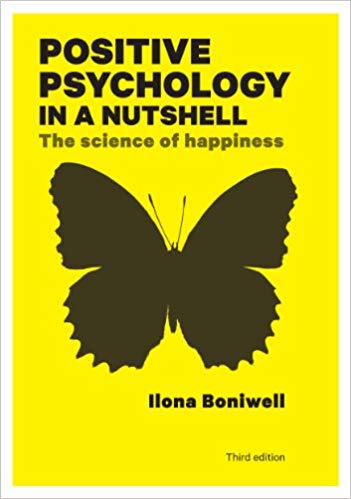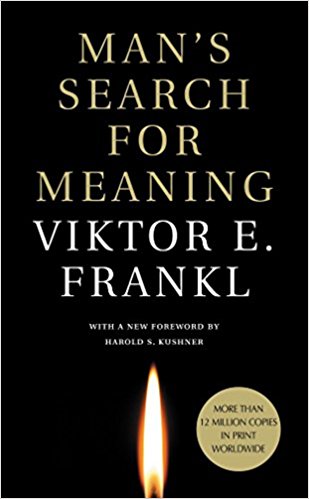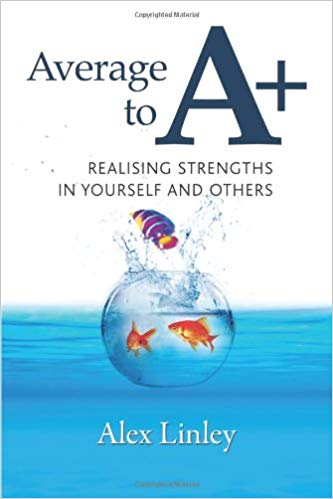Resources

Batthyany, A., Russo-Netzer, P. (Eds.). (2014).
This book is only partially about positive psychology, as it is an attempt to merge ideas from both positive psychology and existential psychology. The idea behind this merging is to glean some idea of meaning from the teachings of both of these fields.
This is a high concept exploration into positive (and existential) psychology that would best serve people who are interested in both positive psychology and philosophical perspectives, and certainly does not function as an introduction to positive psychology. That said, it is probably the best option on this list for philosophically-minded fans of positive psychology.

Boniwell, I. (2012). Positive Psychology In a Nutshell:
This book is less of a prescriptive volume and more of a descriptive introduction to positive psychology. Anyone who wants to know what positive psychology is all about will find this to be a helpful introduction to the field. Furthermore, it presents ways that the reader can start using positive psychology to better their lives.
This book is a great option for anyone in search of not only an overview of positive psychology, but actionable steps they can take in their lives. We recommend this book for absolute beginners because it describes positive psychology as it is rather than attempting to influence future research directions, so it is an excellent way to just learn about the field.

Csikszentmihalyi, M. (1990). Flow:
This book is not so much a complete introduction to positive psychology as it is a deep dive into a state of consciousness the author has dubbed “flow”. According to the author, flow is a state of focus that not only helps you with whatever you are working on but also helps you be happier with your work.
Dr. Csikszentmihalyi is an expert in flow, and this book teaches the reader to use flow to their advantage in their everyday life. Anyone who wants to learn optimal concentration techniques can learn from this book and flow.

Frankl, V.E. (2006).
This book, a reprint of a 1959 translation of the original 1946 edition, is about the author’s experiences in World War II concentration camps. As the title suggests, Frankl (who was also a neurologist and psychiatrist) uses these experiences as a starting point for a discussion on the meaning of our existence. Frankl believes that the point of living is not to find pleasure, but to find meaning.
Recommended by psychologists such as Carl Rogers, this work is a crucial entry in humanity’s quest for meaning.

Linley, A. (2008). Average to A+:
From the founder of the Center for Applied Positive Psychology (CAPP), this book is all about finding your strengths and making the most of them. From identifying your strengths as a worker to identifying your strengths as a parent, this book will teach you something new about yourself.
Whether you do not understand the point of strength finding in the first place or already know your strengths but need help figuring out how to use them to your benefit, this is the book for you.

Maslow, A.H. (1998).
This book, originally published in 1962, is an expansion of some of Maslow’s earlier ideas, including his above-mentioned hierarchy of needs. The book focuses on some concepts which have since become fundamental to psychology, such as self-actualization, as well as concepts which are specifically important to positive psychology, such as well-being.
In the book, Maslow focuses on the conditions necessary for people to make the most of themselves, an idea which can be found in positive psychology today in the field of strength finding. This is another good option for people who like reading about positive psychological perspectives in pre-Seligman psychology.

Peterson, C. (2006).
This book is intended to be used as a textbook in introductory courses concerned with positive psychology, though anyone interested in positive psychology from an academic perspective should find it helpful.
Along with providing an overview of positive psychology research and some of the different aspects of life the field is interested in, the textbook also offers suggestions for further reading, listening and watching. This book is particularly well-suited for academic audiences.

Peterson, C. & Seligman, M. (2004).
This book, partially authored by Martin Seligman, focuses on one aspect of positive psychology – character. The authors define character and the different traits which make it up, and discuss how character is related to well-being.
The authors believe that someone’s character can affect their levels of well-being, so character is part of the scope of positive psychology. This would be a good introduction to one aspect of positive psychology for people who are interested more in individuals than society as a whole.

Rogers, C. (1995).
This book from Carl Rogers, one of the key figures in humanist psychology along with the above-mentioned Abraham Maslow, is a thoughtful discussion of psychotherapy as it stood in 1961. Rogers felt that, at the time, psychotherapy was becoming too focused on prescribing drugs as a “quick fix” and not focusing on the needs of the client.
His client-centered therapy has since regained a lot of ground, but this is still an important read for positive psychology as it focuses on the importance of individuals and their needs, rather than simply treating mental disorders with pharmacological interventions.

Seligman, M. (2002). Authentic happiness:
One of the seminal books on positive psychology, Seligman’s Authentic Happiness is a must-read for anyone looking to familiarize themselves with positive psychology. This is not a textbook aimed at academic audiences, but more of a handbook aimed at introducing people to positive psychology concepts that they can use to increase their own well-being.
The book also includes an assessment that readers can use to find out their own strengths so they can increase their well-being in a personalized way. While it is not aimed at an academic audience, this book is an excellent introduction to positive psychology for anyone from the godfather of the field himself.

Contact Us

